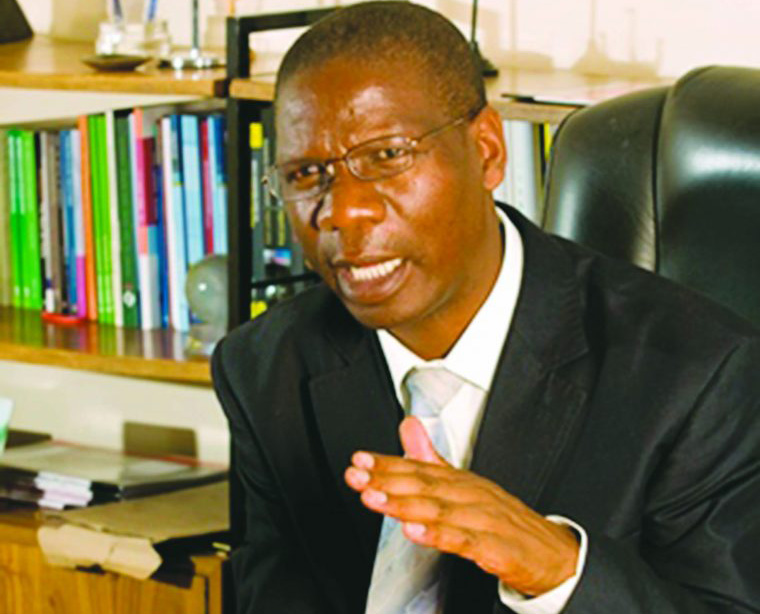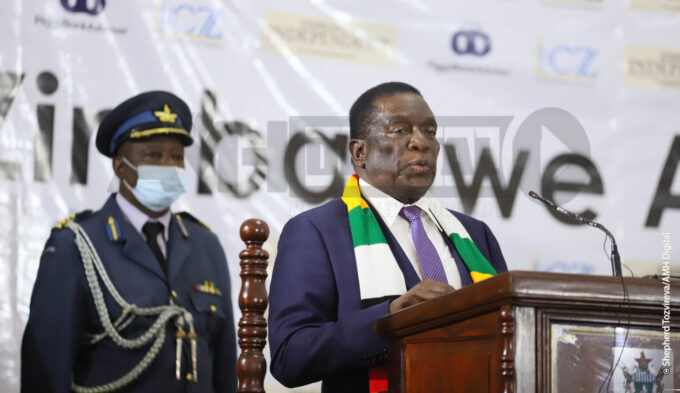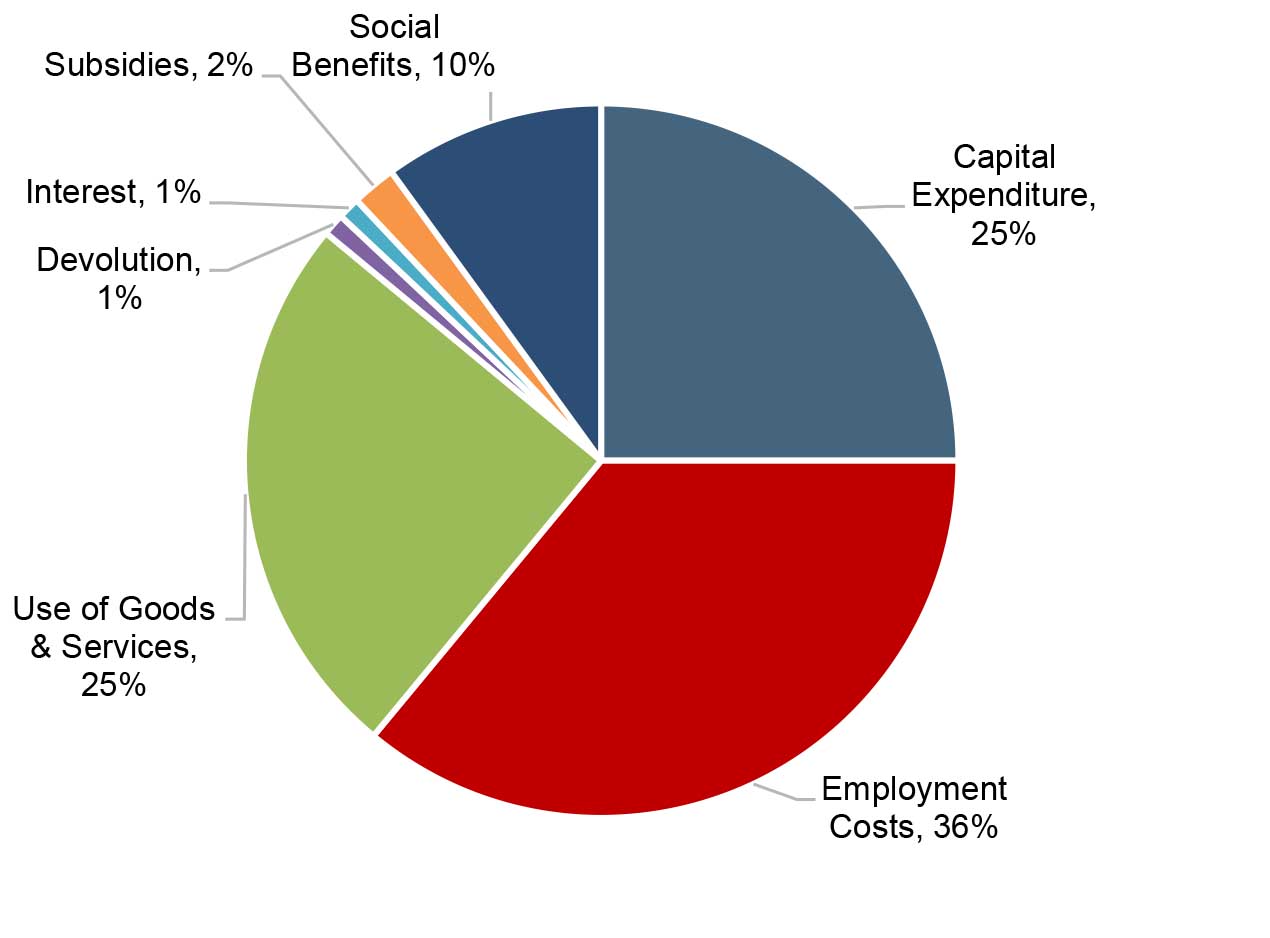
KUDZAI KUWAZA ECONOMIC hardships, which resulted in massive job losses have severely weakened workers’ negotiating powers during collective bargaining within various national employment councils.
This comes after the national statistics body, Zimstat, revealed that 314 304 jobs were lost during the fourth quarter of last year alone.
The job carnage is a result of a deepening economic crisis characterised by a debilitating liquidity crunch, currency distortions, foreign currency shortages and worsening poverty.
In an interview, Zimbabwe Congress of Trade Unions (ZCTU) secretary general Japhet Moyo said workers’ councils were negotiating from a weak position as a result of a deepening economic crisis.
“The negotiations have been slow where some have been completed but the workers did not get what they wanted. Because of the economic crisis in the country and lack of job options, workers are just accepting what is put on the table,” Moyo said.
“Employers are now manipulating the situation for their benefit. The collective bargaining process has now been reduced to collective begging for workers.”
He said the retrenchment of union leaders, who were negotiating for better wages at the National Railways of Zimbabwe (NRZ) is indicative of the difficult terrain workers have to deal with when engaging in collective bargaining.

The NRZ recently retrenched 20 workers, which included members of the workers’ union.
- Chamisa under fire over US$120K donation
- Mavhunga puts DeMbare into Chibuku quarterfinals
- Pension funds bet on Cabora Bassa oilfields
- Councils defy govt fire tender directive
Keep Reading
NRZ, however, denied that the retrenchment was attributed to victimisation of union members.
Moyo said the number of retrenchments have slowed down as most employers were putting workers on fixed contracts.
This, he said, would mean employers will simply not renew the contracts rather than retrenching them.
“It is a tough situation for workers and given that the economy does not look like it will improve anytime soon, we will be in this situation for a very long time to come,” Moyo said.
He added that the precarious conditions of workers have been aggravated by wage deadlock on the Tripartite Negotiating Forum (TNF).
“The wage deadlock in the TNF over wages remains unresolved. We cannot agree on issues of wages. There is work being done around putting in place a secretariat for the TNF but I do not know whether this will help in resolving the issue of wages,” Moyo added.
The TNF is a legislated body that brings together government, business and labour to digest key socio-economic matters affecting the economy and propose solutions.
The push towards a blanket national minimum wage by worker representative bodies has been rejected by business.
Business argued that the Covid-19 pandemic pushed Zimbabwe’s ailing firms to the brink and it would be impossible to issue a national minimum wage.
The disagreement over putting in place a national minimum wage has resulted in workers representative bodies walking out of TNF meetings.











